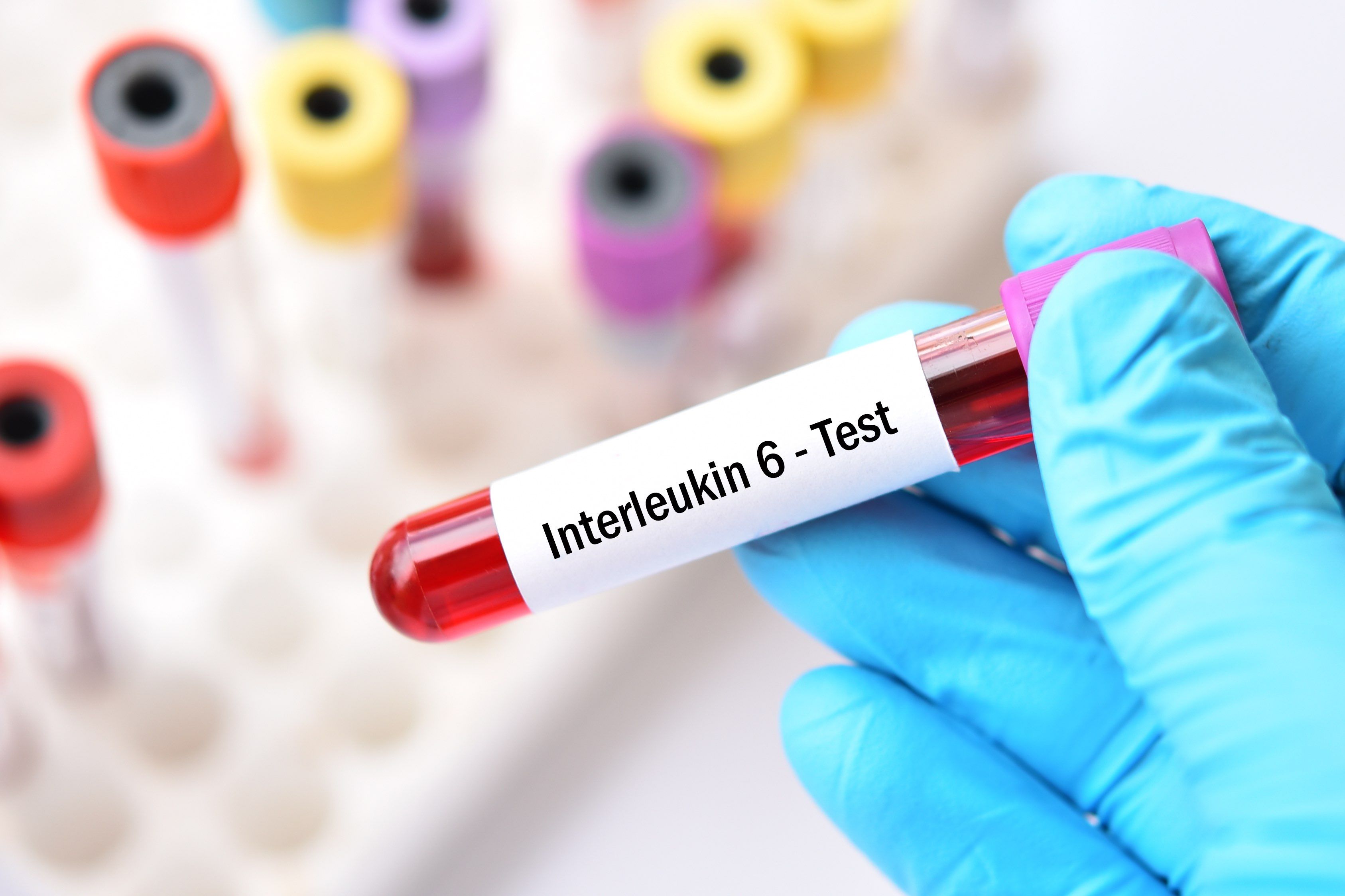- Center on Health Equity & Access
- Clinical
- Health Care Cost
- Health Care Delivery
- Insurance
- Policy
- Technology
- Value-Based Care
Inflammation Linked With Depression, Reduced Weight Loss After Bariatric Surgery
In a longitudinal case study, researchers found that higher inflammation levels may predict poor outcomes following bariatric surgery.
According to a study published in Psychological Medicine, inflammation levels, rather than preexisting depression, more strongly predicted depression and weight loss outcomes for patients undergoing bariatric procedures.
The global prevalence of depression and obesity has been on the rise, and research continually reveals how strongly these comorbidities are associated. A plethora of past studies show how forms of weight loss—such as bariatric surgery—typically lead to improvements in depression symptoms, the study authors noted. A depression diagnosis prior to surgery, however, has been linked to worsened depression and weight loss outcomes after patient procedures. The authors of this study see “an urgent medical need to identify whether depression is a risk factor for poor clinical outcomes after bariatric surgery.”
Just as depressive symptoms influence weight loss, obesity has been identified as a risk factor for depression. Adipose tissue (fatty tissue) promotes the production of proinflammatory cytokines, which results in elevated levels of C-reactive protein (CRP) and peripheral inflammation. These consequences of obesity impact the central nervous system (CNS) and contribute to similar abnormalities in the brain that are exhibited by patients with depression.
“Therefore, increased inflammation, primarily mediated by cytokines in the periphery and CNS, demonstrates a biological pathway that may underlie the high comorbidity between depression and obesity," the authors wrote. "... Disentangling the temporal relationships between changes in depressive symptoms and weight loss during the postoperative period is crucial, as longitudinal studies of bariatric patients suggest that changes in depressive symptoms and weight loss in the first postoperative year significantly influence long-term outcomes.”
Interleukin 6 blood test | Image credit: jarun011 - stock.adobe.com

Between March 2018 and November 2021, candidates for bariatric surgery were recruited from King’s College Hospital. Eligible patients were classified as obese (with BMI over 35), had no history of psychotic disorder diagnoses, and were not taking any high-dose inflammatory medication. Inflammatory markers such as high-sensitivity CRP (hsCRP), proinflammatory markers such as IL-6 (and others; however, they were not meaningful in the results), and anti-inflammatory markers such as IL-10 and IL-4 were measured in blood samples collected at baseline and follow-up. Adipose tissue samples were taken during the patients’ bariatric operations and follow-ups occurred 6 months post-surgery.
A total of 41 bariatric patients with depression and 44 without depression (controls) completed baseline assessments. The group with preexisting depression exhibited significantly higher levels of baseline inflammation prior to surgery: higher hsCRP levels (2.27 vs 1.52; P = .02), IL-6 levels (0.88 vs 0.27; P = .001), and ratios of IL-6 to IL-10 (3.09 vs 2.22; P = .006). Patients with depression also registered lower levels of IL-4 (0.11 vs 0.15; P = .018). A sensitivity analysis on this data correlated higher IL-6 and IL-6/IL-10 ratios with more intense baseline depression symptoms. In the same thread, IL-4 levels negatively correlated with baseline depression intensity.
At follow-up, 29 patients with depression at baseline and 37 control patients completed their assessments. At this time, 19 out of 29 patients with preexisting depression no longer met the criteria for depression. However, despite undergoing similar weight loss to controls, these individuals still had higher levels of peripheral inflammation.
A hierarchical regression revealed that higher hsCRP levels at baseline predicted worse weight loss outcomes (β = −0.28, P = .01) while having no impact on depressive symptoms at follow-up (β = −0.02, P = 0.9). Rather, researchers found that more intense depression at baseline and any history of childhood emotional abuse better predicted depression outcomes following surgery (β = 0.81, P < .001; and β = 0.31, P = .001, respectively).
“Given that our results showed patients with depression were more likely to be inflamed and higher inflammation negatively influenced weight loss, it seems plausible that patients with depression would be more vulnerable to weight regain in the long term. Therefore, the poor weight loss outcomes in bariatric patients with depression could be a consequence of higher pre-operative inflammation, rather than pre-operative depression per se.”
In the wake of their findings, researchers encourage future studies to continue examining inflammatory biomarkers and their clinical implications. Identifying the risk potential of certain cofounders can provide tremendous benefits to the future of patient care.
“Understanding the inflammatory pathways underlying the vicious cycle between depression and obesity, and how interventions such as bariatric surgery may break this cycle, may inform future strategies addressing the rising prevalence of these conditions.”
Reference
McLaughlin AP, Lambert E, Milton R, et al. Peripheral inflammation associated with depression and reduced weight loss: a longitudinal study of bariatric patients. Psychol Med. Published online August 31, 2023. doi:10.1017/S0033291723002283
